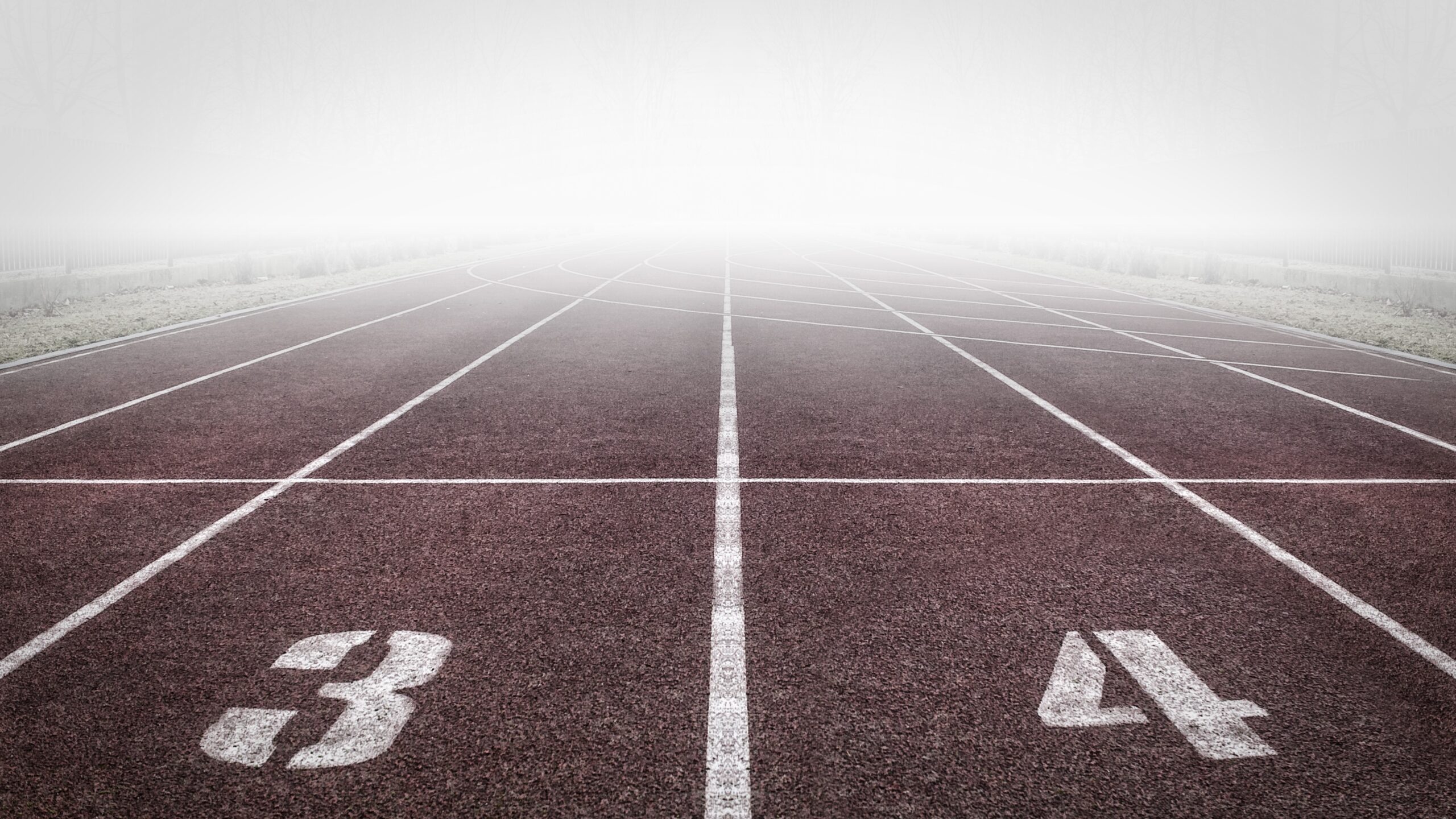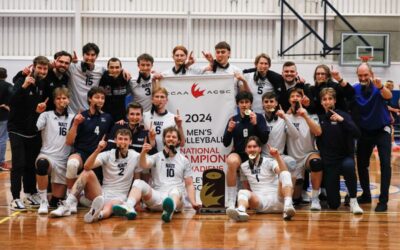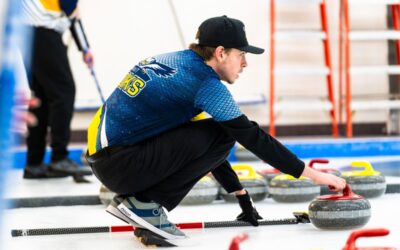Sports are mental exercises just as much as they are physical tests. How these elements impact a game can vary. Obviously, there are pure exploits of physical dominance that are some sort of combination between talent, practised ability and luck. But the mental part of the game is often understated, even though it impacts every part of the development of an athlete and can often be the difference between an elite player and an average player.
Performance anxiety is an especially pernicious element of sports psychology. There are the what-ifs, looming thoughts of failure, worries about losing an important game and the heartbreak of letting teammates down. Athletes are under mountains of scrutiny and anxiety, which, if untreated, can derail a player’s career.
Major League Baseball player J.P. Arencibia announced his retirement on Twitter last week at the age of 31. Sportsnet’s feature with Arencibia shed new light on his career. The former Blue Jay was a fan favourite on the budding young team for a couple of seasons before the team struggled with huge expectations in 2013, which eventually led to his career moving elsewhere. The prevalence of social media interaction was a catalyst for his initial success but when the struggles came, the fans didn’t mind letting their displeasure show on Twitter. This had a huge impact on Arencibia’s game and contributed to a growing anxiety – something he kept private from nearly everyone around him.
“I knew 100 per cent what it was but I wasn’t tough enough in the sense that I didn’t want to talk about things and kept it internal,” Arencibia told Sportsnet. “At the time, I was dating (future wife) Kimberly and we’d be on the phone and I’d be crying in my apartment in Toronto saying I’m so embarrassed to even go out for dinner. If somebody was looking at me or not looking at me, I was just feeling like I was letting everybody down.”
Arencibia describes how the growing anxiety combined with the team’s struggles lead to his attack against the media. From there on it appeared that the catcher’s future with the team was in jeopardy. “I’d go home, where my mind would go absolutely berserk. That’s where it started. The toughest time for me was when I would get home and there was nothing but time to think. You have nobody around and now all of sudden your brain starts going places and now you can’t stop it. Those were the worst times.” Arencibia finally received the help he needed after moving to the Tampa Bay Rays but, despite the increasing knowledge of mental health, he didn’t want to talk about his anxiety. This story isn’t uncommon, someone keeping their mental health problems to themselves, athlete or otherwise. But athletes are supposed to be tough, right? Some of the toughest have humbled themselves by seeking the proper help and now because of their efforts, Bell Let’s Talk – a program designed to break the silence around mental illness and support mental health all across Canada – is one of the best initiatives of its kind.
Multiple Olympic medal winner Clara Hughes, actor Howie Mandel and sportscaster Michael Landsberg have spearheaded the Bell Let’s Talk campaign. Their efforts have resulted in millions being raised for mental health initiatives and helped reduce the stigma around depression.
Arencibia’s story isn’t altogether unique. Golfers like Ian Baker-Finch and David Duval all suffered inexplicable career collapses due to anxiety and confidence loss and NHLer Stephane Richer tried to commit suicide three days after winning the Stanley Cup. But these stories are important to tell. They are the stories to learn from and now listen to when it comes to receiving help.
We expect a lot from professional athletes and one thing we should hope for is that they can get the help they need before it derails their career.
– Michael Menzies, Sports Editor





